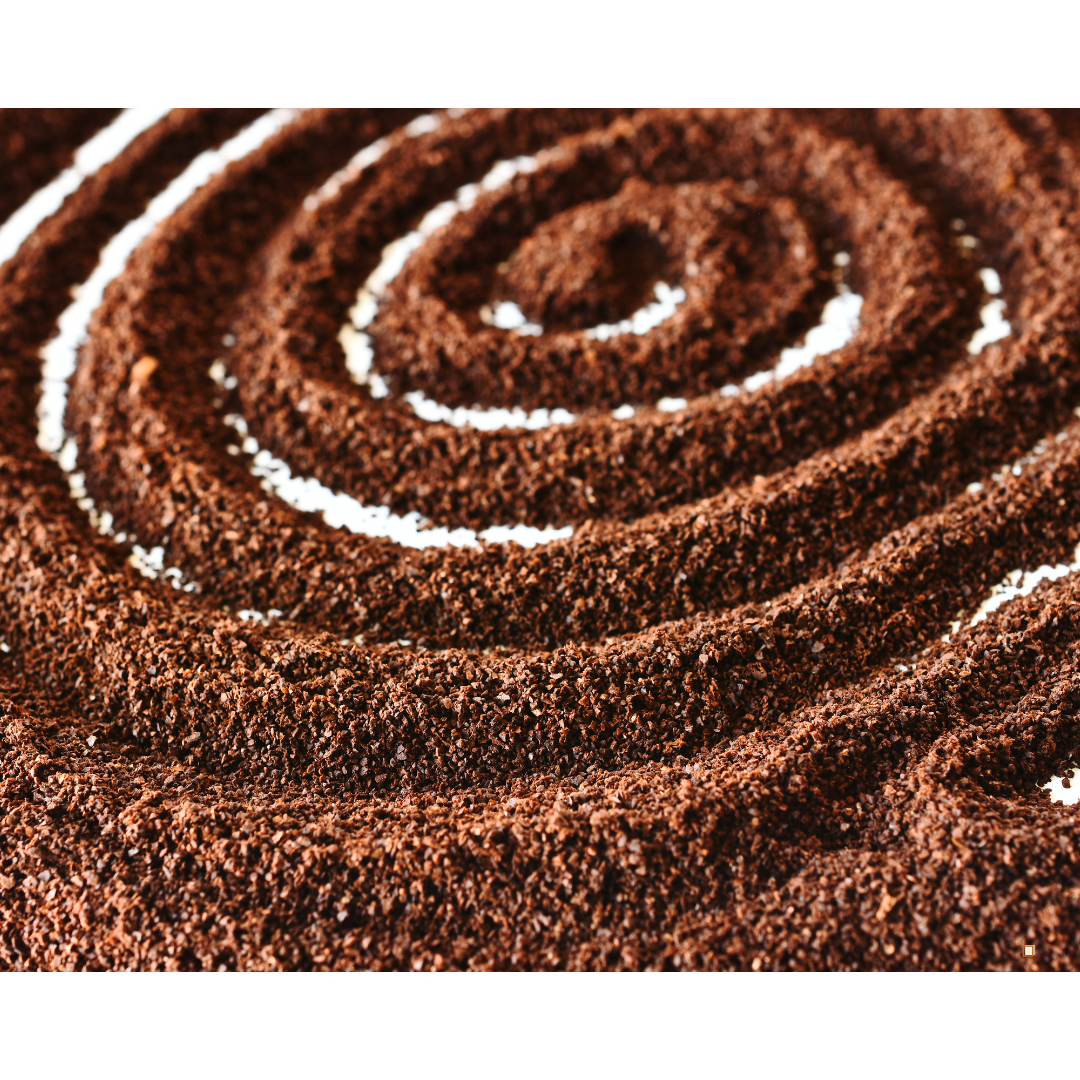
Does Decaffeination Affect the Flavor of Whole Bean Decaf Coffee?
When it comes to enjoying a satisfying cup of coffee without the stimulating effects of caffeine, whole bean decaf coffee provides an excellent solution. However, many coffee enthusiasts wonder whether the process of decaffeination impacts the flavor of their favorite brew. The short answer is yes, decaffeination can affect the taste, but modern techniques have made significant strides in preserving the original flavor profile of the beans. Let’s explore how decaffeination works and the factors that influence the final flavor of decaf coffee.
Understanding the Decaffeination Process
Decaffeination involves removing caffeine from green coffee beans before roasting. There are several methods used to achieve this, each with its own impact on the coffee’s flavor. The three most common decaffeination methods are the Swiss Water Process, solvent-based decaffeination, and carbon dioxide (CO2) extraction.
- Swiss Water Process: This method is entirely chemical-free and relies on the principles of solubility and osmosis to extract caffeine. Green coffee beans are soaked in hot water, which dissolves the caffeine and flavor compounds. The water is then passed through a carbon filter that captures the caffeine molecules. The flavor-rich water, now caffeine-free, is reintroduced to a new batch of beans, allowing them to absorb the flavors while leaving the caffeine behind. This method is praised for preserving the coffee’s natural flavors and is often used for high-quality, specialty decaf beans.
- Solvent-Based Decaffeination: In this method, caffeine is removed using chemical solvents, such as ethyl acetate or methylene chloride. The green coffee beans are steamed to open their pores, and the solvent is applied to extract the caffeine. Afterward, the beans are rinsed and steamed again to remove any residual solvent. While this process is efficient, it may slightly alter the flavor of the coffee, depending on the type of solvent used and the beans' quality.
- Carbon Dioxide (CO2) Extraction: This method uses liquid carbon dioxide to extract caffeine from the coffee beans. The beans are placed in a pressurized chamber, where liquid CO2 is applied to dissolve the caffeine. The caffeine-rich CO2 is then transferred to another chamber, where the pressure is reduced, causing the caffeine to separate from the CO2. This technique is effective at preserving the coffee’s flavor compounds, as it targets only the caffeine molecules and leaves other flavor components intact.
How Decaffeination Impacts Flavor
The process of decaffeination inevitably alters the flavor of coffee to some degree. This is because caffeine itself contributes to the overall taste, and removing it can change the way the coffee’s other compounds interact. Additionally, the decaffeination process can sometimes strip the beans of their natural oils and flavor compounds, leading to a slightly muted or altered flavor profile.
However, the impact on flavor varies based on the method used and the quality of the beans. High-quality beans tend to retain more of their original flavors, even after decaffeination, while lower-quality beans may lose more of their complexity. Roasters also play a crucial role in enhancing the flavor of decaf coffee. By carefully roasting decaf beans to highlight their best attributes, they can minimize the impact of the decaffeination process and create a more balanced and enjoyable cup.
Flavor Notes in Decaf Coffee
While decaf coffee may taste slightly different from its caffeinated counterpart, it doesn’t have to be flavorless or dull. Many decaf coffees still offer a rich and satisfying flavor experience, with tasting notes that reflect the beans’ origin. For example, a decaf coffee from Ethiopia might still exhibit bright, fruity flavors, while a decaf from Colombia might have nutty, chocolatey undertones.
The key to finding a delicious decaf coffee is to look for beans that have been decaffeinated using gentle and natural methods, such as the Swiss Water Process. These methods are designed to preserve the coffee’s unique characteristics, allowing you to enjoy the flavors you love without the caffeine. Additionally, choosing whole bean decaf over pre-ground options can make a significant difference in flavor, as grinding the beans fresh before brewing helps retain their aromatic oils and vibrant taste.
Brewing Tips for the Best Decaf Experience
To get the most out of your decaf coffee, it’s important to pay attention to your brewing method. Freshly ground beans, the right water temperature, and an appropriate brewing technique can all enhance the flavor of your decaf brew. Here are some tips to keep in mind:
- Grind Fresh: Always grind your decaf coffee beans just before brewing to preserve the flavor and aroma. Whole beans retain their freshness better than pre-ground coffee, and a quality burr grinder can ensure a consistent grind size.
- Use Filtered Water: The quality of your water can greatly affect the taste of your coffee. Using filtered water can help prevent unwanted flavors from interfering with the coffee’s natural profile.
- Experiment with Brewing Methods: Different brewing techniques can bring out different aspects of your decaf coffee’s flavor. For a cleaner and brighter cup, try a pour-over method. If you prefer a fuller-bodied brew, a French press might be the way to go.
Why Invest in High-Quality Whole Bean Decaf Coffee
Investing in high-quality whole bean decaf coffee is worth it if you want to enjoy a flavorful and aromatic cup without caffeine. Specialty roasters who focus on decaf options ensure that the beans are carefully sourced and roasted to highlight their best qualities.
Making the Most of Your Decaf with Whole Bean Decaf Coffee
Choosing whole bean decaf coffee allows you to control the freshness and grind size, leading to a better-tasting brew. At Frontier Coffee Roasters, we take pride in offering decaf options that don’t compromise on flavor, giving you a rich and enjoyable coffee experience anytime you desire.

